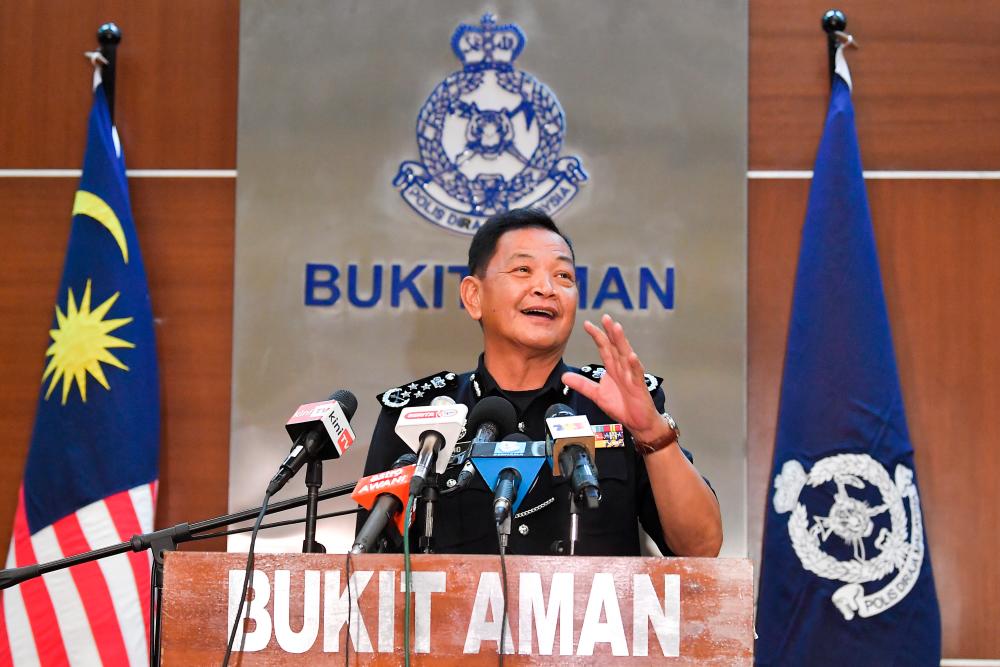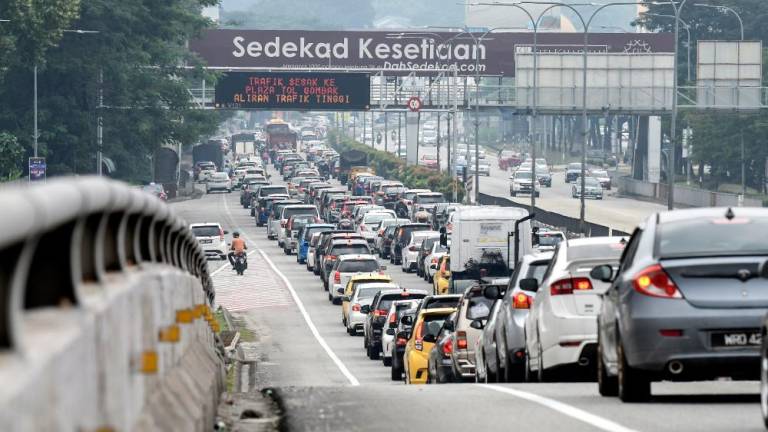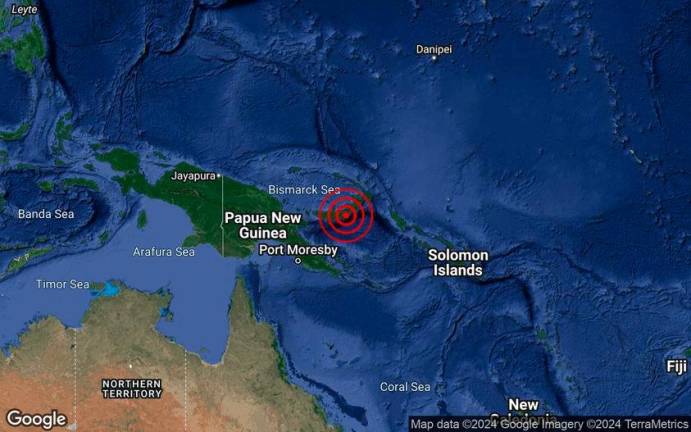OUTGOING IGP Tan Sri Abdul Hamid Bador’s (pix) call to shift the police commission’s position away from the home minister (Support for apolitical police commission theSun refers) is pertinent for the requirement of good governance practices in our democratic nation.
Constitutional lawyer Syahredzan Johan made these valid arguments for the (Police Force Commission) PFC’s chairmanship to be filled by a non-politician and that “an extra layer of checks will be useful” in the appointment of this key role by a parliamentary committee.
Remembering that politicians, by default, tend to be self-serving and loyal to their party, ideally the PFC chairman should be vetted by a joint bipartisan parliamentary committee as this would help to improve the key separation of powers between the police and the executive.
The Federal Constitution that grants the home minister chairmanship of the PFC may need amending.
The PFC chairman, as with the organisation itself, must not only be independent but seen to be independent so as to uphold the PFC’s integrity.
To enhance transparency and accountability it is the accepted norm in countries, including the UK, Australia and Canada, that an external independent oversight agency or commission exists to oversee and investigate serious public concerns of police misuse of power and illegal practices.
Typically, such external commissioners are mainly independent of the police, interest groups and political parties and government members.
Overseas evidence supports the argument that the positives from having an independent oversight agency include helping to improve the credibility and integrity of the key police force.
Stakeholders including our courts, legal profession and lawmakers all benefit from an effective PFC, whose independent oversight can help to establish a more responsive, responsible and ethical police organisation.
Sze Loong Steve Ngeow
Kajang













